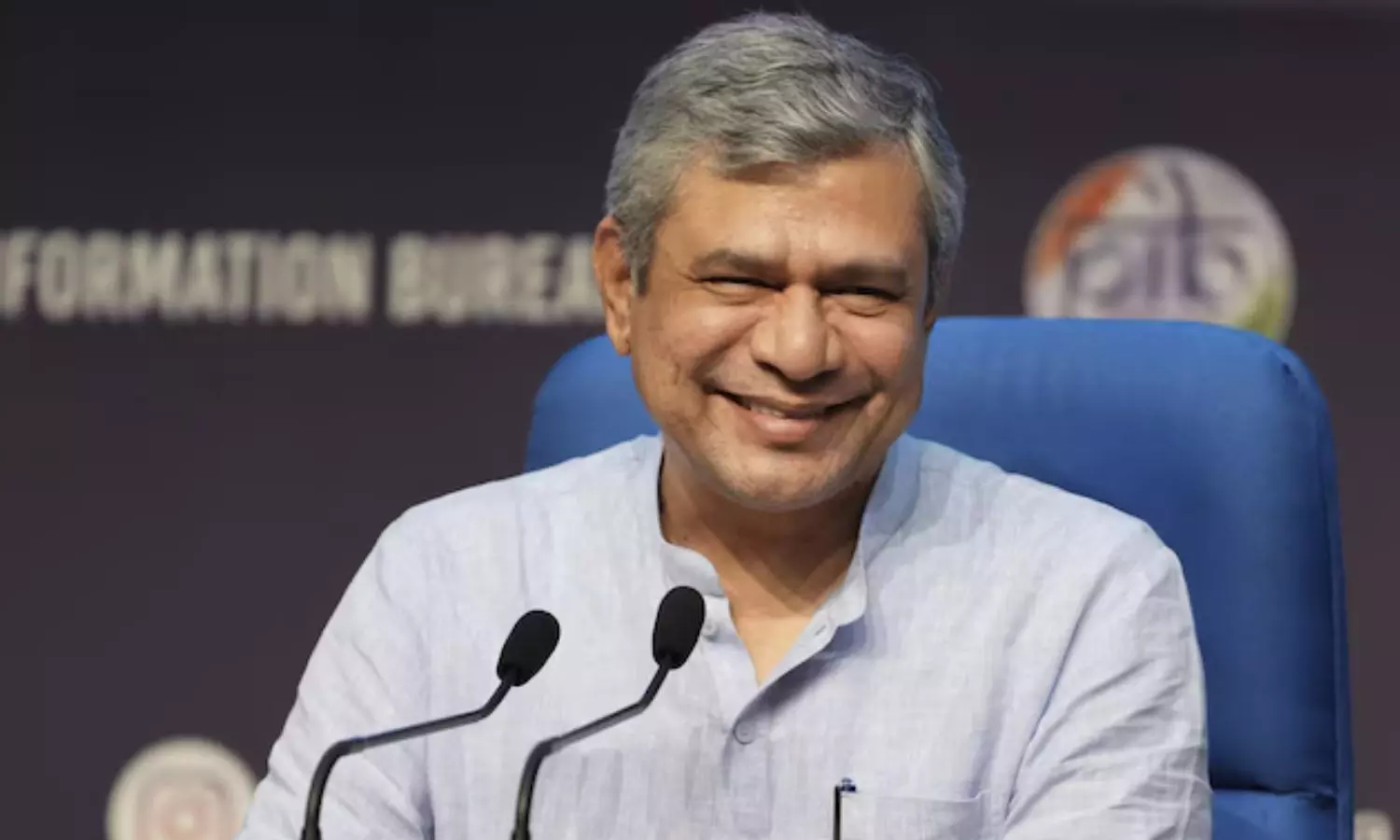Government Grants Classical Language Status to Five Indian Languages: Check Languages
Marathi and Pali, among others have been accorded the classical language status.
The government is actively working to protect and promote these languages, which play an important role in safeguarding India’s cultural heritage.

The Centre has officially granted classical language status to five Indian languages. Marathi, Pali, Prakrit, Assamese, and Bengali are the languages that have been accorded the classical language status.
This decision shows the government’s commitment to preserving the rich heritage of these languages.
Union Minister Ashwini Vaishnaw said that this move aligns with the government's focus on taking pride in Indian culture and languages.
Earlier, languages like Tamil, Sanskrit, Telugu, Kannada, Malayalam, and Odia were recognised as classical languages.
The government is actively working to protect and promote these languages, which play an important role in safeguarding India’s cultural heritage.
A proposal from the Maharashtra government in 2013 initiated the process to recognise Marathi as a classical language.
This proposal was reviewed by the Linguistics Experts Committee, which recommended its inclusion.
Additionally, proposals from Bihar, Assam, and West Bengal for Pali, Prakrit, Assamese, and Bengali were also considered.
The recognition of these languages as classical is expected to create significant job opportunities, especially in academic and research fields, helping to further enrich India’s cultural landscape.

